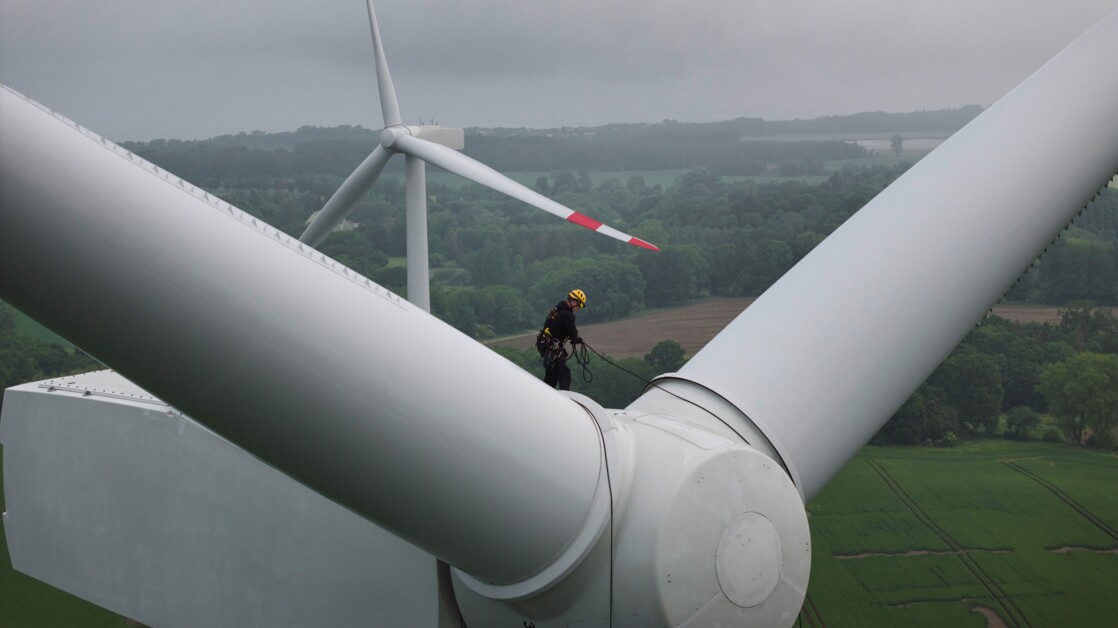Hamburg's Shift Towards Carbon Neutrality and the Role of Hydrogen in Energy Transition
Key Ideas
- Hamburg aims for carbon neutrality by 2040, ahead of the national target, emphasizing the importance of transitioning to green energy sources like hydrogen.
- Professor Hans Schäfers of CC4E highlights the need for a fundamental shift in the energy system to combat climate change, focusing on social transformation and acceptance.
- The city invests in hydrogen infrastructure development, expecting a decrease in green hydrogen production costs by 2050, with the Port of Hamburg playing a crucial role as a potential hydrogen hub.
- Efforts to streamline regulations and increase green energy production, such as wind power, are expected to drive down costs and make hydrogen production more competitive in the future.
Hamburg is making significant strides towards achieving carbon neutrality by 2040, five years earlier than Germany's national target. Professor Hans Schäfers, Director of CC4E, stresses the urgency of transitioning the energy system to combat climate change effectively. The city is focusing on developing practical solutions at the Bergedorf Innovation Park, with a strong emphasis on heat, electricity, sector coupling, and hydrogen. Despite recent setbacks in the hydrogen economy, including delays in projects from Airbus and ArcelorMittal, Hamburg remains committed to building a core hydrogen network to meet future demand.
While the current cost of producing green hydrogen is high, projections indicate a potential decrease by 2050, opening up opportunities for more competitive production. The use of blue hydrogen, produced from natural gas, is seen as a viable transitional phase until green hydrogen becomes more cost-effective. Professor Schäfers highlights the importance of lowering production costs through regulatory streamlining and increasing green energy production, such as wind power.
The city's plans include the construction of a 100 MW green hydrogen electrolysis plant at the decommissioned Hamburg-Moorburg coal-fired power station site, powered by local wind energy. This project is expected to commence commercial hydrogen production by 2027, with future plans for expansion to 800 MW. Hamburg's Port plays a crucial role in the hydrogen economy, potentially becoming a key import hub for green hydrogen from countries with cheap green energy production.
Hamburg's emphasis on renewable energies and the development of a green hydrogen economy positions it as a central hub for the energy transition. The work of CC4E, with its focus on technological, social, political, and economic issues, plays a vital role in driving innovation and sustainability in the region.
Topics
Projects
Renewable Energy
Technology Advancements
Green Economy
Infrastructure Development
Energy Innovation
Climate Targets
Economic Efficiency
Port Logistics
Latest News
